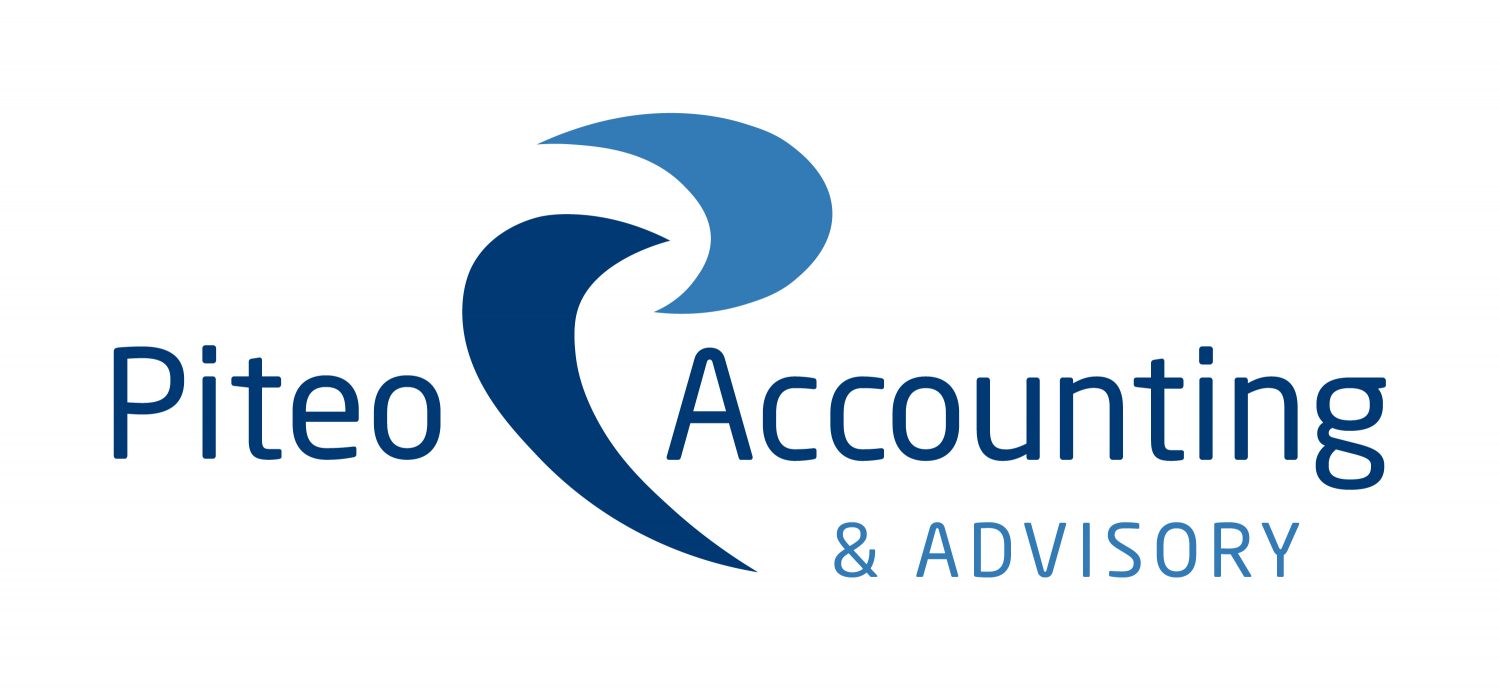Imagine what you could if you were able to save on your tax, reduce your home loan, top up your super, upgrade your car or even save for that holiday escape.
Below is a guide to some tips of how you can reduce your tax.
Home Office Expenses
If you have been working from home, you may have expenses you can claim a tax deduction for. The ATO allows you to claim using a “Revised Fixed Rate Method” an amount of $0.67 per work hour for the 2023 year. This amount covers most expenses from working from home, and you need to keep a detailed record of how you calculated the number of hours you are claiming. You can also claim expenses using an “Actual Cost” method – so please keep all invoice and receipts during the entire year to prove all claims.
Superannuation Contributions
Its important you are aware of what is possible to maximise your super balance and possibly reduce your tax.
Deductible Super Cap for everyone
The tax-deductible super contribution limit (or “cap”) is $27,500 for all individuals under age 75.
Consider making the maximum tax-deductiable super contribution, the advantage of this strategy is that
superannuation contributions are taxed at between 15% to 30% compared to typical personal income tax rates of between 34.5% and 47%.
Carried forward contributions
Carry-forward contributions are not a new type of contribution, they are simply new rules that allow super fund members to use any of their unused concessional contributions cap on a rolling basis for five years.
This means if you don’t use the full amount of your concessional contribution cap ($25,000 from 2019 to 2021, and $27,500 for 2021 and 2022), you may qualify to carry-forward the unused amount and take advantage of it up to five years later..
Spouse Super Contributions
You can make super contributions on behalf of your spouse (married or de facto), provided you meet eligibility criteria, and your super fund allows it. This is known as contribution splitting.
Doing this not only helps to boost your spouse’s retirement savings, but it can also help you save tax if your spouse has limited income.
You may be eligible for a tax offset of up to $540 on super contributions of up to $3,000 that you make on behalf of your spouse if your spouse’s income is $37,000 p.a. or less.
Additional Tax on Super Contributions by high income earners
The income threshold at which the additional 15% (‘Division 293’) tax is payable on super $250,000 p.a. Where you are required to pay this additional tax, making super contributions within the cap is still a tax effective strategy.
With super contributions taxed at a maximum of 30% and investment earnings in super taxed at a maximum of 15%, both these tax points are more favourable when compared to the highest marginal tax rate of 47% (including the Medicare levy).
Government Co-Contribution to your super
If you are on a lower income and earn at least 10% of your income from employment or carrying on a business and make a “non-concessional contribution” to super, you may be eligible for a Government co-contribution of up to $500.
Ownership of Investments
A longer-term tax planning strategy can be reviewing the ownership of your investments. Any change of ownership needs to be carefully planned due to capital gains tax and stamp duty implications. Please seek advice from your Accountant prior to making any changes.
Investments may be owned by a Family Trust, which has the key advantage of providing flexibility in distributing income on an annual basis and an ability for up to $416 per year to be distributed to children or grandchildren tax-free.
Property depreciation report
If you have an investment property, a Property Depreciation Report (prepared by a Quantity Surveyor) will allow you to claim depreciation and capital works deductions on capital items within the property and on the property itself.
Motor Vehicle Logbook
Ensure that you have kept an accurate and complete Motor Vehicle Logbook for at least a 12-week period. The start date for the 12-week period must be on or before 30 June 2023. You should make a record of your odometer reading as at 30 June 2023 and keep all receipts/invoices for your motor vehicle expenses. Once prepared, a logbook can generally be used for a 5-year period.
An alternative (with no logbook needed) is to simply claim up to 5,000 business kilometres (based on a reasonable estimate) using the cents per km method.
Sacrifice your salary to super
If your annual income is $45,000 or more, salary sacrifice can be a great way to boost your superannuation and pay less tax. By putting pre-tax salary into super rather than having it taxed as normal income at your marginal rate you may save tax. This can be especially beneficial for employees nearing their retirement age.
Prepay expenses and interest
Expenses relating to investment activities can be prepaid before 30 June 2023. You can prepay up to 12 months of interest before 30 June on a loan for a property or share investment and claim a tax deduction this financial year. Also, other expenses in relation to your investments can be prepaid before 30 June, including rental property repairs, memberships, subscriptions, and journals.
Insurance premiums
Possibly your greatest financial asset is your ability to earn an income. Income Protection Insurance generally replaces up to 75% of your salary if you are unable to work due to sickness or an accident. The insurance premium is normally tax deductible, plus you get the benefit of protecting your family’s lifestyle if you cannot work due to sickness or an accident. It’s a small price to pay for peace of mind. Like rental property interest, income protection premiums can also be pre-paid for 12 months to increase your deductions.
Work related expenses
Keep any receipts for work-related expenses such as uniforms, training courses and learning materials, as these may be tax-deductible.
Realise capital loss
Tax is normally payable on any capital gains. You should consider selling any non-performing investments you hold before 30 June 2023 to crystallise a capital loss and reduce or even eliminate any potential capital gains tax liability. Unused capital losses can be carried forward to offset future capital gains.
Defer Investment and capital gains
If practical, arrange for the receipt of Investment Income (e.g. interest on term deposits) and the Contract Date for the sale of Capital Gains assets, to occur AFTER 30 June 2023.
The Contract Date (not the Settlement Date) is generally the key date for working out when a sale or purchase occurred.
*Important Information*
Please note, this is general advice only and does not take into account your financial circumstances, needs and objectives. Before making any decision based on this information, you should assess your own circumstances or seek advice from your financial adviser and seek tax advice from your accountants at Piteo Accounting & Advisory. Information is current at the date of issue and may change.
We can help you plan and implement tax saving strategies for the new financial year.
The earlier we get started, the sooner we can help you implement your tax savings.
Contact Piteo Accounting and Advisory on 08 87228 6111 or piteoaccounting.com.au/contact-us/ and book in your Tax Planning meeting with us!





